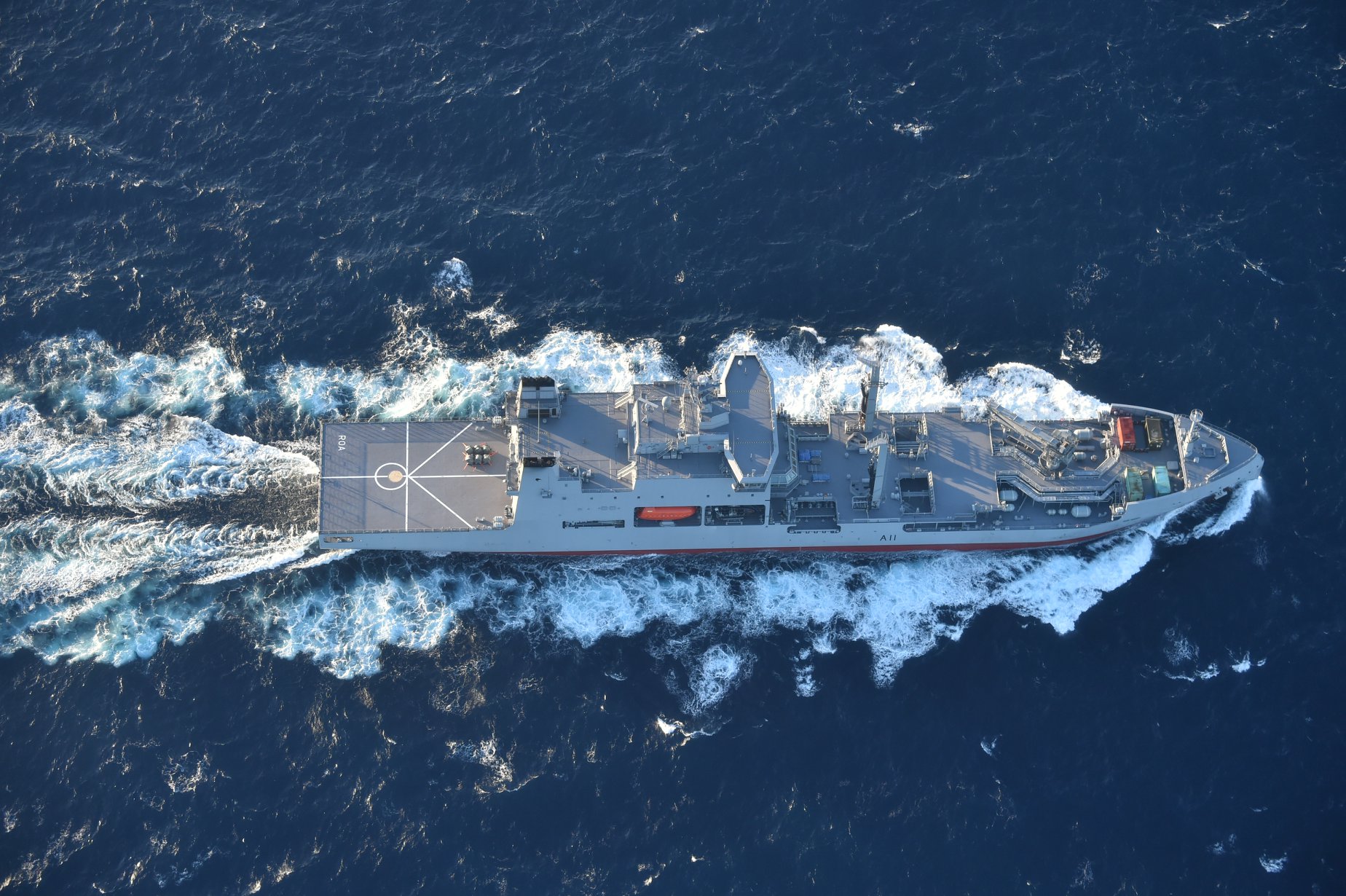WELLINGTON, June 8 (Reuters) - Historically high levels of attrition in New Zealand's Defence Force may be slowing as new cash pumped in to the Force delays resignations, New Zealand Defence Forces chiefs said on Thursday.

The New Zealand Defence Force has seen attrition of roughly 30% of trained staff over the passed two years, which has forced it to idle three ships and retire the fleet of P-3 Orion aircrafts early.
Defence Minister Andrew Little said he had been advised that some resignations had been withdrawn and the number of resignations being submitted had fallen as a result of a bonus to defence force staff at the start of the year and news that salaries would increase from July.
"It’s at least having that benefit," Little told a parliamentary committee.
Defence force attrition comes at a time when the service is increasingly being called upon with New Zealand sending a contingent to the United Kingdom to help with the training of Ukrainian forces and the defence force needing to respond to climate change disasters.
READ MORE
- RNZN searches for naval and UAS helicopter solutions
- Diplomacy isn’t enough – we need deterrence and defence
- New Zealand military plays catchup in pandemic aftermath
- Chris Hipkins announces $400m for defence personnel wages, after returning from King's coronation
Increasing geopolitical competition in the Pacific between China and the United States and its allies is putting a spotlight on the military.
The New Zealand government announced in May that the government would increase the Defence Force’s budget over four years by NZ$748 million, more than half was earmarked to boost the salaries of defence force personnel.
Chief of Defence Force Air Marshal Kevin Short told the committee while there were signs that attrition was slowing, many personnel were waiting for the release of the new defence force pay scale to see whether they would remain in the force and more data was needed before he could say the situation was improving.
He added that the Defence Force has also undertaken a number of recruitment campaigns including reaching out to reservists but were yet unsure how successful these had been.




